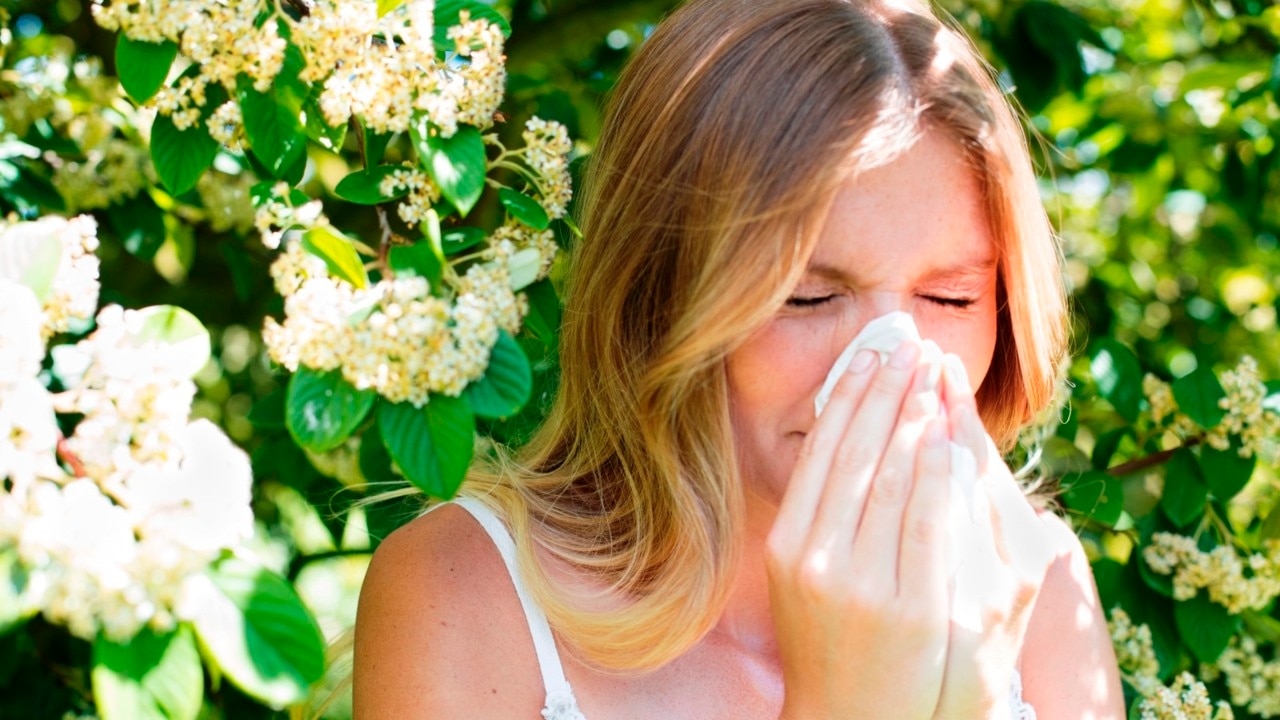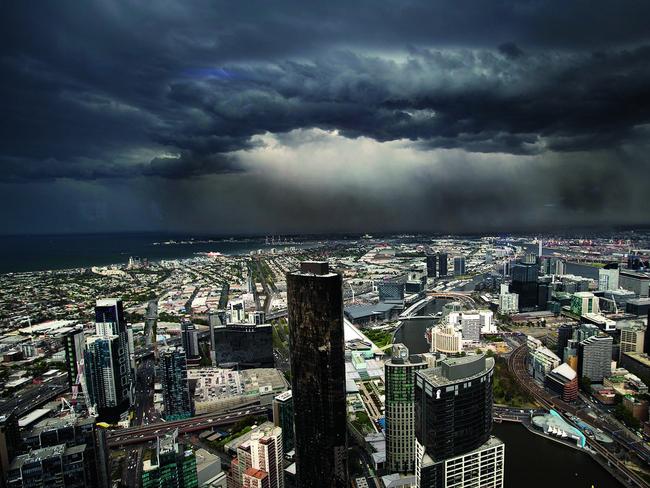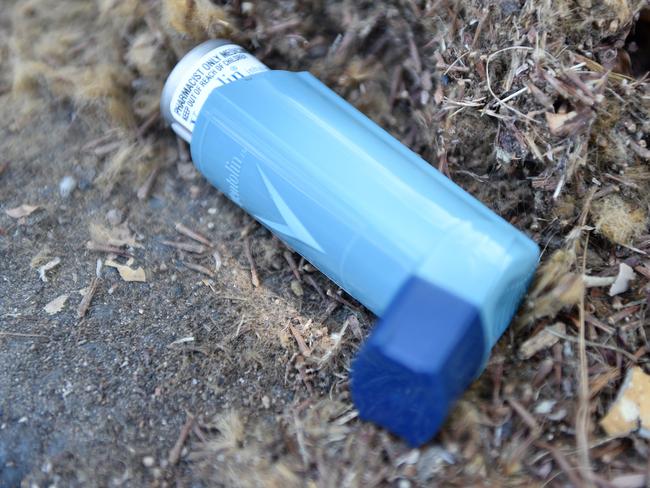Fresh air fatal for thunderstorm asthma victims
STEPPING outside for fresh air, bringing in the washing or even just leaving the front door open proved fatal for ten men and women when a freak weather event hit Melbourne.

VIC News
Don't miss out on the headlines from VIC News. Followed categories will be added to My News.
STEPPING outside for fresh air, bringing in the washing or even just leaving the front door open proved fatal for ten men and women when a freak weather event hit Melbourne.
High pollen and strong winds on a hot, humid day followed by a cold front caused respiratory arrest to victims as early as 15 minutes after the first signs of asthma or wheezing.
Among those who died, were law student Hope Marsh, 20, who had felt wheezy and was taken outside to get some “fresh air” before she collapsed and died outside her home, the coroner heard.
FAMILIES WANT ANSWERS OVER STORM ASTHMA DEATHS

Clarence Lea, 37, had the door open and was out of asthma medication when he became distressed, collapsed and suffered fatal respiratory failure.
Priyantha Peiris, 57, had gone outside to retrieve washing and put his car in the garage before the storm, and later he collapsed and died.
A specialist giving evidence at in inquest into the deaths during the freak weather event, said there was a trend of the victims having spent time outdoors before their deaths.
Professor Jo Douglass, from Royal Melbourne Hospital, said asthma sufferers may have been safest staying indoors with windows closed and medication on hand when the fatal thunderstorm respiratory event struck Victoria on November 21, 2016.



An unprecedented surge of emergency calls were made across the state, with 14,000 people taken to hospital and seven men and three women — aged 18 to 57 — died.
Professor Douglass said the event occurred on a hot 38C day with lots of pollen in the air, ahead of a storm.
She said respiratory arrest in the victims had occurred as soon as 15 minutes after the first signs of asthma or wheezing.
“The average time from complaint to respiratory arrest was very short,” she told the court.
“Fifteen minutes does not really leave anyone time to do much.”
All the victims suffered asthma and nearly all got hay fever, but only three had official asthma “action plans”, Prof Douglass said.

She implored anyone having an asthma emergency to have a reliever puffer, such as Ventolin, on hand and use it generously.
“A very high dose of (reliever) could have been helpful for some,” Prof Douglass said.
She said 16 puffs in four minutes is appropriate and there is no health danger to using a high dose in emergencies.
The thunderstorm asthma event disproportionately affected people of Asian backgrounds, Prof Douglass added.
She also said men were more affected, despite asthma actually being more predominant in women.
Coroner Paresa Spanos did not wish to stereotype but noted men can be more reluctant to visit their doctor, and Prof Douglass agreed.
RELATED CONTENT:
TABLET RE-TRAINS IMMUNE SYSTEM TO PROTECT AGAINST THUNDERSTORM ASTHMA
— AAP


